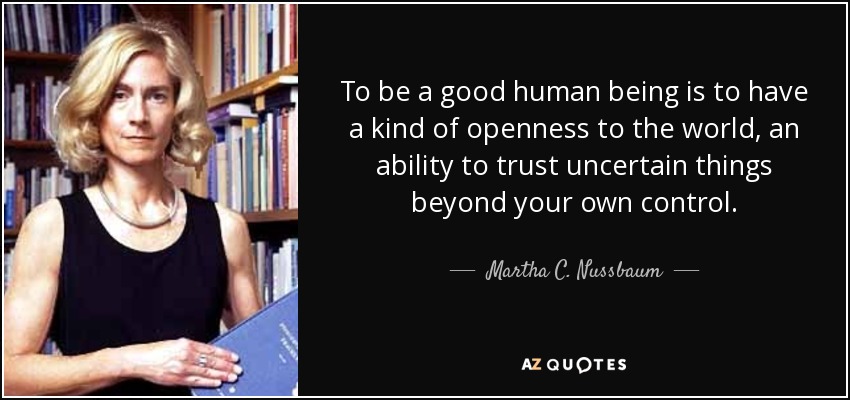
And his penis so yuuuuuge the wanker can't even get his small fingers around it.
Vulgarian Donald Trump Brags About His Penis Size During Republican National Debate
Thanks for your email.
Like you, I've been thinking of the plutopath's pending flurry of executive orders and I'm starting to see a fairly good chance they'll scare s@#& out of global markets so that "The Trump Bump" will become "The Trump Dump" even faster than I thought.
Despicable Donald is starting his presidency with an approval rating of 41% (Obama's is 60%) and, if history is any guide, Trump (apparently without any "honeymoon" at all) is headed downhill 'til the mid-terms.
Unrestrained by legislative process -- and given Trump's autocratic nature -- I think his "fascist penchant" will "show through" his executive orders and investors (almost all of them beneficiaries of "liberal democracy" and so-called "free markets") will get really spooky, really fast.
Danny and Denise are currently aboard a busload of neighbors en route to tomorrow's march in D.C.
Speaking of which, it's starting to look like mañana's protest could be bigger than today's inauguration crowd.
Alan: Use the horizontal scroll bar at the bottom of your screen to center the above photograph.
VOX: Photos Of The Crowd At Donald Trump's Inauguration Vs. Barack Obama's
http://paxonbothhouses.blogspot.com/2017/01/vox-photos-of-crowd-at-donald-trumps.html
Trump's First Executive Action Favors Banks; Screws Little Guy
http://www.usatoday.com/story/news/politics/2017/01/20/trumps-first-executive-action-cancel-obamas-mortgage-premium-cuts/96853446/
"Bush Counting Down Days Until He Is No Longer Worst President In History"
The Borowitz Report
http://paxonbothhouses.blogspot.com/2017/01/borowitz-report-bush-counting-down-days.html
"Nation With Crumbling Bridges And Roads Excited To Build Giant Wall"
The Borowitz Report
http://paxonbothhouses.blogspot.com/2017/01/nation-with-crumbling-bridges-and-roads.html
Here is a little history on just "how bad" Dubyah really was... and these links don't even mention Bush-Cheney's linchpin role in The Great Recession, whose downward death-spiral Obama interrupted by performing a near miracle. http://paxonbothhouses.
"Israeli War Historian, Martin van Creveld's Startling Commentary On The Iraq War"
http://paxonbothhouses.blogspot.com/2014/06/israeli-war-historian-martin-van.html
Excerpt: "For misleading the American people, and launching the most foolish war since Emperor Augustus in 9 B.C sent his legions into Germany and lost them, Bush deserves to be impeached and, once he has been removed from office, put on trial along with the rest of the president’s men. If convicted, they’ll have plenty of time to mull over their sins." War historian Martin van Creveld is the only non-U.S. author whose writings are obligatory reading by America's Officer Corps."
George Will: "The 2003 Invasion Of Iraq Was The Worst Foreign Policy Decision In U.S. History"
"Bush's Toxic Legacy In Iraq"
Hans Blix' Fruitless Search For WMD And Bush/Cheney's Rush To War In Iraq
Cheney's Lucid 1994 Rationale For NOT Invading Iraq. Conservatives "Must" See This
"Bush's Toxic Legacy In Iraq"
Hans Blix' Fruitless Search For WMD And Bush/Cheney's Rush To War In Iraq
Cheney's Lucid 1994 Rationale For NOT Invading Iraq. Conservatives "Must" See This
"The Fall Of Iraq. Jawdropping Video Footage Of Cheney, Albright, Gen Clarke & Others"
The Facts Are In: The Republican Party Is Terrible For Prosperity But Unparalleled For Catastrophe
Trump Will Go Full-Throttle Fascist Following The 1st Major Terror Attack On American Soil. Putin Knows This And Is Both Able And Eager To Make It Happen
The following video is a doozy. It is impossible to know what Trump will do because his pathological relationship with Truth renders him a tabula rasa until he "hears a tweet."
VIDEO: Trump Tells More Lies Than Any U.S. Politician. Why Do "Patriots" And "Christians" Believe A Liar
VIDEO: Ted Cruz Gives Detailed Explanation Of Trump's Pathological Obsession With Continuous Lying
Watch: CNN Spent Ten Straight Minutes Tearing Down Trump's Lies
Pulitzer Prize-Winning PolitiFact Finds That Only 1% Of The Things Trump Says Are Entirely True
Keith Olbermann's 176 Reasons Trump Shouldn't Be President(Yes, It's All Here And Worth Hearing In One Relentless Torrent)
Who Lies Most? A Pants-On-Fire Comparison Of America's 20 Best Known Politicians
Love
A
On Fri, Jan 20, 2017 at 8:34 PM, FV wrote:
Dear A & JimboI'm looking for the great,tremendous, spectacular entertainment and I just spotted Tony Orlando, somebody's playing a cello, a big band with a singer, bag pipers just joined the cellist, a trio of singers with another band. Maybe they're saving the best for his arrival. Apparently his song for the evening is My Way. Maybe Tony will do the honors.Michael Moore just predicted a blood bath of laws and executive orders flying in fast. What we have to fight back with is flooding Congress with phone calls again and again like the ethics pull back.LoveF



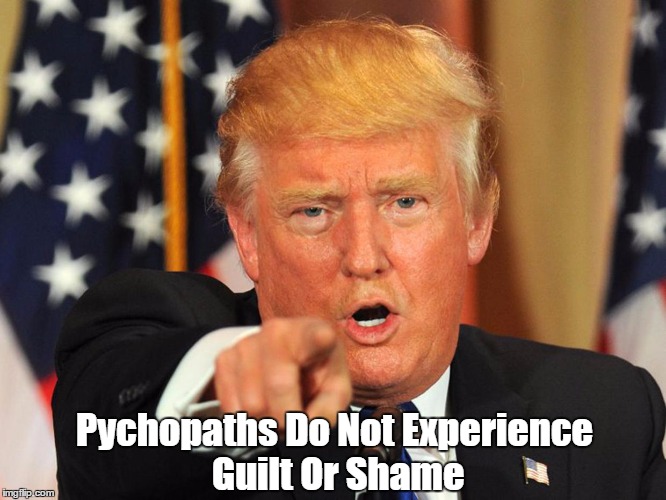





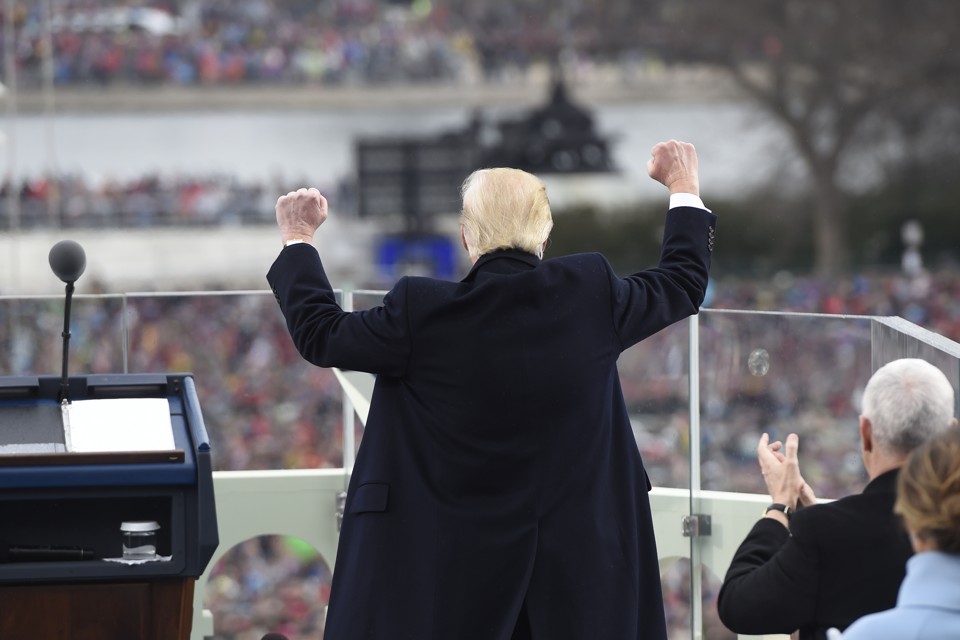







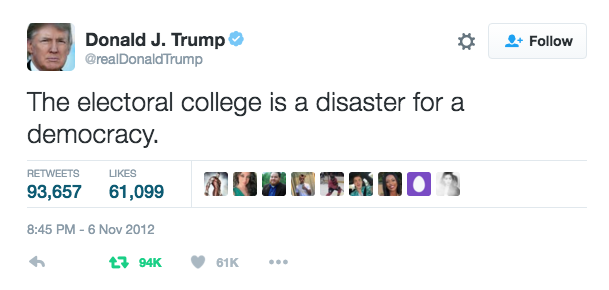

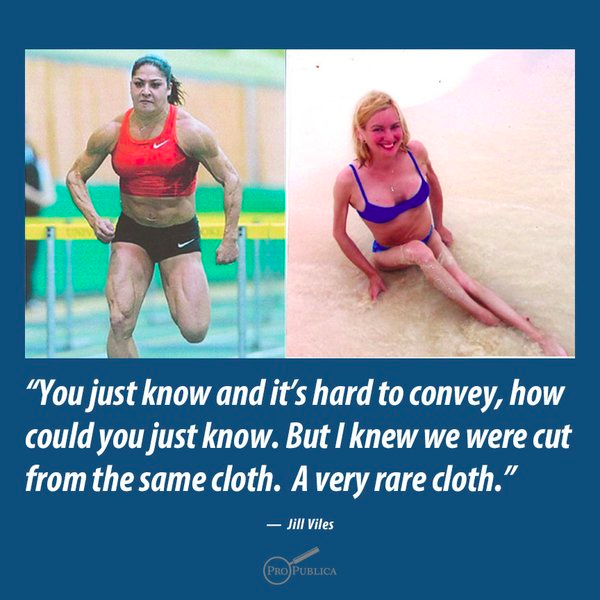





 When we are asked to swear in American courts of law — that we will tell “the truth, the whole truth, and nothing but the truth” — we are being asked the impossible. It is simply beyond our powers. Our memories are fallible; even scientific truth is merely an approximation; and we are ignorant about nearly all of the Universe…
When we are asked to swear in American courts of law — that we will tell “the truth, the whole truth, and nothing but the truth” — we are being asked the impossible. It is simply beyond our powers. Our memories are fallible; even scientific truth is merely an approximation; and we are ignorant about nearly all of the Universe…

